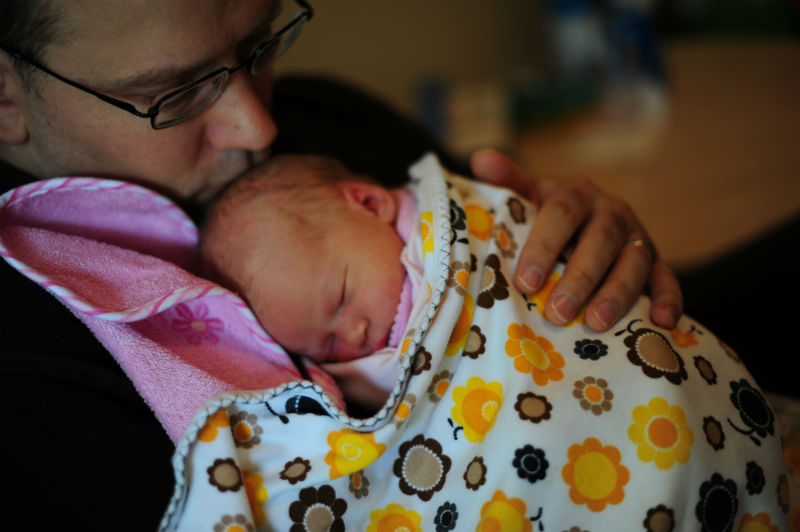
This post is part of the General Conference Odyssey.
One of the talks from the priesthood session of the April 1974 General Conference stood out to me, and that was Elder Marion D. Hanks’ talk Boys Need Men. I took the title of this post from one of the lines of his talk: “Only God knows the worth of a boy, but we too are fathers, and we have an inkling.”
Some of that sentiment is universal. He could have as easily said, speaking to a more general audience, “Only Heavenly Father and Heavenly Mother know the worth of a child, but we too are parents, and we have an inkling,” and that would have been just as true. I love that sentiment, and the idea that—as parents—our highest calling is to emulate our Heavenly Parents and provide our children with the love, support, and challenges to foster their growth and happiness.
Along those universal lines, Elder Hanks went on:
Every individual is a kind of an omnibus carrying with him all the past that has gone into his making, all the potential in him for influencing the present, and he has, in addition, the sobering reality to face that he carries within himself the seeds of the future.
But there is also something unmistakably specific about fathers and boys as opposed to mothers and daughters, and that was also part of Elder Hanks’ message:
Boys need men to learn from, men to be with who understand their need for activities that are challenging and socially and spiritually constructive and that stretch them and give them a chance to learn manly skills, men to love and who love them, men who are models of what a man ought to be. The father should be the first line of strength, and a boy blessed with such a father is fortunate indeed.
He even specifically stated that “we have no lack of appreciation for the wonderful influence of mothers and other noble women in guiding boys. . .but it takes men to make men.” And I believe that’s true. We’ve even written about that at Difficult Run before, for example here and here.
In fact, that’s one of the most important things that Mormonism—as a religion and also as an institution and a culture—does for its members. It provides a template for pro-social, principled masculinity (and femininity). And I think that’s essential for our growth as human beings. We are social beings, and to live vibrant lives we should understand ourselves as unique individuals, as part of non-universal group (and the groups: male and female are the most fundamental such groups), and as part of a universal collective. Those are the three fundamental levels of human experience: alone, part of an exclusive us, and part of an inclusive us.
Coming back to the talk, here are two more quotes that I really liked:
How foolish we are if we reserve to ourselves, or for others than our own children, the knowledge and testimony of the gospel we have gained. They, no less than others, need and deserve this from us.
And then:
It is no small thing to reestablish confidence and faith in a man at a critical point in his life when he has failed and is full of self-doubt.
And then a final thought that gives me both direction and hope in my life:
God bless you boys to appreciate your dads, to be patient and gracious and forgiving.
—
Check out the other posts from the General Conference Odyssey this week and join our Facebook group to follow along!
- Priesthood Meeting: Counsel for Women Too by Jan Tolman
- Boys Need Men by Marilyn Nielson